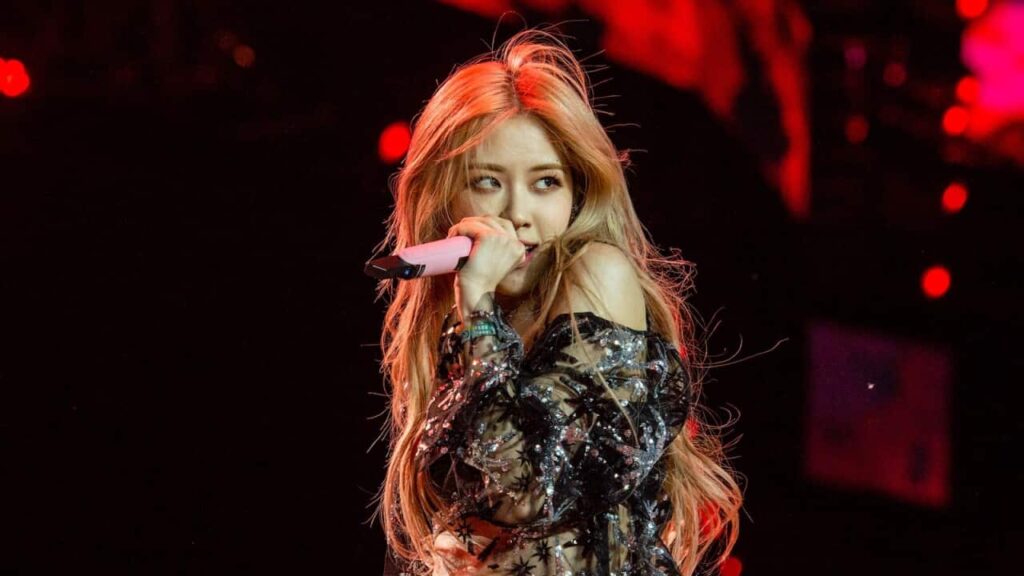
Korean pop music, widely known as K-pop, has evolved into a global cultural phenomenon, captivating audiences across continents. Among its international fanbase, Australia stands out not just as an audience but as a contributor to the K-pop industry, with several of its biggest stars hailing from Down Under.
Australian K-pop idols like BLACKPINK’s Rosé and Stray Kids’ Bang Chan and Felix have brought their unique stories, accents, and cultural nuances to one of the world’s most vibrant music scenes. This integration of Australian talent into K-pop underscores a growing trend of globalization within the industry.
The Rise of K-pop in Australia
In Australia, K-pop has garnered a passionate following, predominantly composed of teens and young adults. These fans are drawn to the genre’s synchronized choreography, stunning visuals, and catchy tunes, often sung in a mix of Korean and English. While the Australian fanbase is smaller compared to those in the United States or Asia, its enthusiasm is palpable, evidenced by impressive streaming numbers and sold-out arena tours.
As of this writing, the song “Golden” from Netflix’s “KPop Demon Hunters” (2025) is enjoying its fifth consecutive week at the top of the ARIA Top 50 Singles chart. Australian fans are not only consuming content but actively participating in the K-pop culture through event coordination, such as birthday celebrations for idols, and content creation, including dance covers and merchandise guides.
Offline, K-pop’s popularity in Australia has led to numerous world tours, with major acts like BLACKPINK, Twice, and Stray Kids performing to sold-out audiences in Sydney and Melbourne. Notably, in 2023, Twice became the first Korean act to headline a stadium show in Australia, performing to an audience of 25,000 fans. They are set to return later this year for a 360-degree stage arena tour.
Why Australian Idols Are on the Rise
The K-pop industry operates differently from the Western music scene, where talent is often discovered organically. In contrast, South Korean entertainment companies, including the ‘big four’—HYBE, SM Entertainment, YG Entertainment, and JYP Entertainment—cast a wide net globally to recruit prospective idols, often starting their training at a young age.
These companies value not only singing and dancing skills but also English fluency, international marketability, and multicultural backgrounds. This reflects a broader trend in K-pop, where English has become more prevalent, both in lyrics and through collaborations with Western artists. The success of BTS’ 2020 hit “Dynamite,” the first entirely English K-pop song to reach #1 on the Billboard Hot 100, exemplifies this trend.
As of 2025, only 25 idols with Australian ties have debuted in the K-pop industry, a modest number compared to over 140 from Japan and the United States. However, 15 of these 25 debuted in the last five years, indicating a growing demand for English proficiency.
Among these Australian idols are BLACKPINK’s Rosé, Stray Kids’ Bang Chan and Felix, NewJeans’ Hanni and Danielle, NMIXX’s Lily, and ENHYPEN’s Jake. These artists serve as unofficial ambassadors of Australia, weaving their cultural heritage into their global performances.
The ‘Aussie Line’ and Its Impact
The presence of Australian idols in K-pop has led to the creation of a distinct cohort known as the ‘Aussie line.’ Fans celebrate their Australian accents, local slang, and stories of growing up in Australia. This ‘Aussie-ness’ offers a refreshing novelty in an industry where North American idols are more common.
However, the success of Australian K-pop idols also highlights challenges within Australia’s own music industry, which struggles with underrepresentation in the ARIA charts and issues of insecurity and instability for local musicians. Furthermore, Asian-Australian musicians often face racism, prejudice, and social exclusion.
As K-pop continues to expand its global reach, the role of Australian idols in the industry is likely to grow, offering new opportunities and challenges for both the artists and the industry as a whole. Their unique contributions not only enrich the K-pop landscape but also shine a spotlight on Australia’s cultural diversity and talent.






